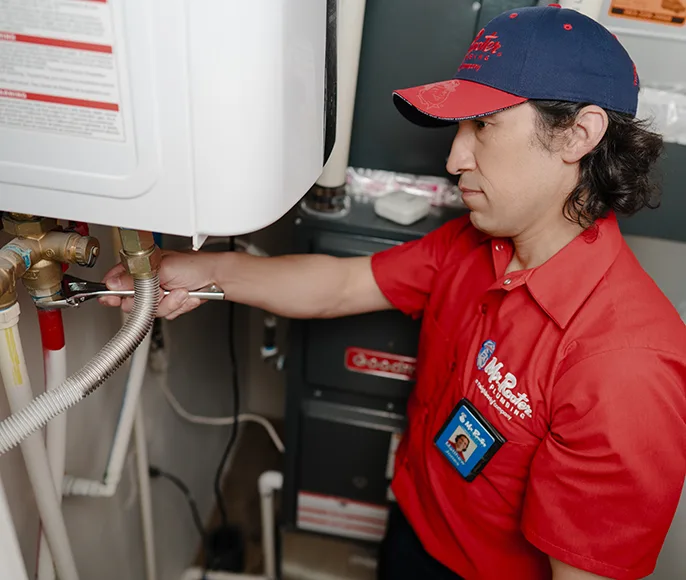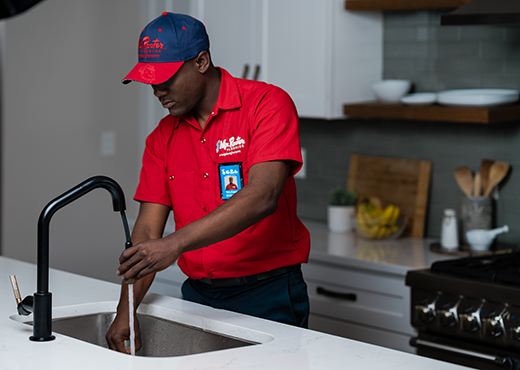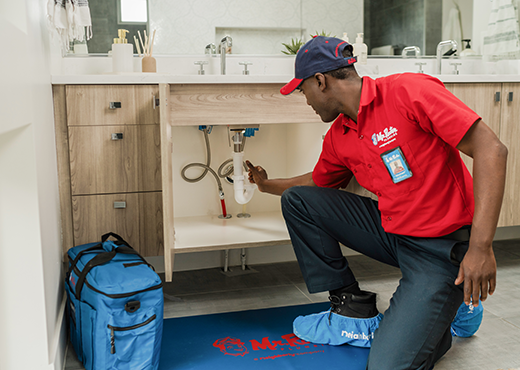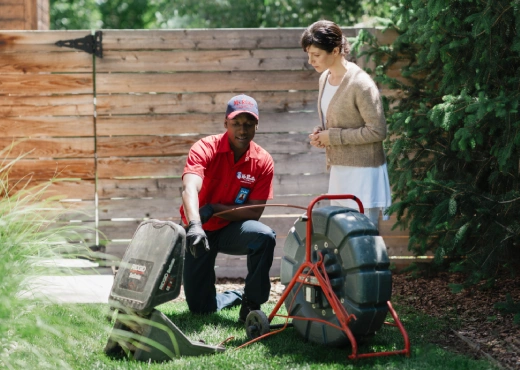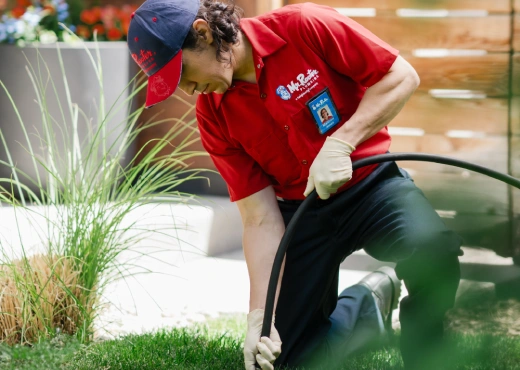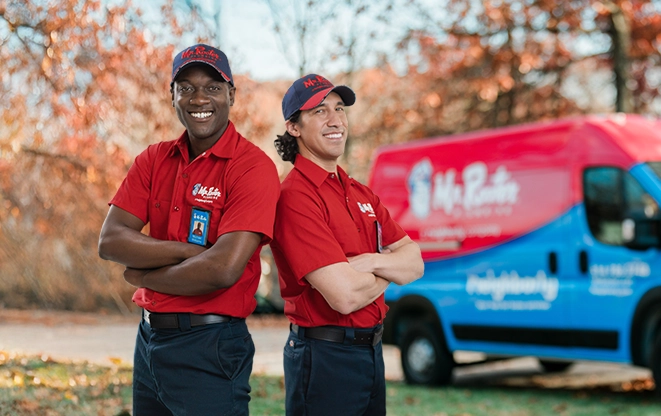Tankless water heaters are an improvement on more traditional water heaters in many areas. For one thing, they're energy-efficient, which means they heat water faster and use less energy than a conventional heater. That alone can potentially save you a pretty penny on your water and heating bills. Their increased energy efficiency makes them better for the environment because it takes less energy to heat the same volume of water.
The only problem is because they're still just now becoming more common in American households, not as many licensed plumbing professionals in Lexington, KY know how to fix them when they become broken or worn out. They also require a larger up-front investment, which is why it's so disheartening when it needs to be repaired. That won't be a problem for you if you call on Mr. Rooter Plumbing of Lexington, KY. All of our plumbing repair experts in Lexington are knowledgeable about tankless water heater repair and have everything they need to get it working again.
Need a tankless water repair repaired in your Lexington, KY home? We're there for you. Call us for a job estimate or schedule an appointment online.

